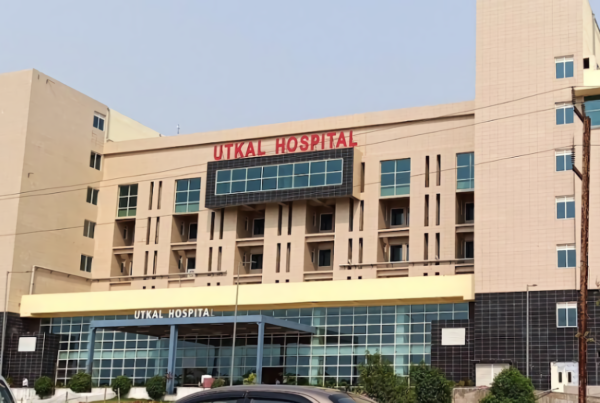There is a rise in obesity and mental health problems in India, particularly among teenagers, as a result of a rise in the consumption of highly processed foods rich in sugar and fat, according to the Economic Survey of India on Monday
Economic Survey chaired by finance minister Nirmala Sitharaman also pointed out shortcomings in the current mental health initiatives and stated that a paradigm change towards a bottom-up, community-wide approach is required to solve the issue.
It expressed “serious” worries about the rising rate of adult obesity in India and said that poor diets account for 54% of all diseases in the country. It became clear that, in states like Delhi, Tamil Nadu, and Andhra Pradesh, more women than males deal with the issue.
According to the Economic Survey, which cited the National Family Health Survey (NFHS), 41.3% of women and 38% of men in the National Capital Territory (Delhi) are obese. In Tamil Nadu, the percentage of obese people is 40% for women and 37% for men.
In Andhra Pradesh, 36.3 per cent of women are obese as against 31.1 per cent of men.

Image from internet
It also said that, as per NFHS, the incidence of obesity is significantly higher in urban India than in rural India. It is 29.8% for men in urban India versus 19.3% for rural India.
Obesity presents a “concerning situation,” and preventive measures must be taken to enable citizens to have a healthier lifestyle, it said, adding that “Combined with an ageing population in some states, obesity presents a concerning situation. Preventive measures must enable citizens to have a healthier lifestyle.”
If India needs to “reap the gains of its demographic dividend, it is critical that its population’s health parameters transition towards a balanced and diverse diet.”
The Indian Council for Medical Research (ICMR) report, which was cited in the Survey, stated that issues related to overweight and obesity and micronutrient deficiencies are made worse by the increased consumption of highly processed foods high in sugar and fat, as well as by decreased physical activity and restricted access to a variety of foods.
According to estimates, India’s adult obesity rate has more than tripled, and the country’s kid obesity rate is the highest in the world, after only Namibia and Vietnam, the poll claimed, using data from the World Obesity Federation.
The Economic Survey said that, regarding mental health, “While most of the policy design is in place, proper implementation can accelerate the improvement. That said, certain gaps in the existing programmes must be addressed to maximise their effectiveness.”

Image from internet
The policy statement, which focused on the subject in-depth for the first time and emphasised the numerous socio-economic effects of the problem, said that addressing mental health in society is both a health and an economic need.
It was observed that the ecosystem as a whole suffers from mental health problems more so than physical health problems in people.
According to statistics from the National Mental Health Survey (NMHS) conducted in 2015–16, 10.6% of people in India had a mental illness, while treatment gaps for mental illnesses varied from 70% to 92% depending on the kind of problem.
Citing the same study, it was said that urban metro regions had a greater prevalence of mental illness (13.5%) than did rural areas (6.9%) and urban non-metro areas (4.3%).
It further said that the basic problem of the stigma and lack of knowledge about mental health might make any well-intentioned plan impractical.
“Hence, there is a need to bring about a paradigm shift and utilise a bottom-up, whole-of-community approach in addressing mental health. Breaking the stigma starts with taking cognisance of the natural human tendency to accept physical ailments and seeking treatment for the same while being in denial about mental health issues,” it said.
To an extent, the denial is an outcome of fear about social attitudes and social acceptance after one ‘comes out’ with mental health issues, it said.
“For public health officials, tackling mental health requires acknowledging and addressing this reluctance. Mental health issues drag down productivity more widely in the ecosystem than individuals’ physical health issues. Hence, paying attention to mental health issues in society is both a health and an economic imperative,” the document noted.
It also connected excessive use of the internet, particularly social media, to a rise in mental health problems among kids and teenagers.

Children who use the internet unrestrainedly and unsupervisedly may face a variety of issues, from more serious ones like cyberbullying to more common ones like excessive social media usage or “doom scrolling.”
The National Commission for Protection of Child Rights (NCPCR) released a study in 2021 on the “Effects of using Mobile Phones and other devices with Internet accessibility by children” that highlighted the rising impact of smartphone use on mental health in India. The study found that 37.2% of children reported feeling less focused after using a smartphone, and 23.8% of children reported using a smartphone while in bed.
some inputs from www.newindianexpress.com




